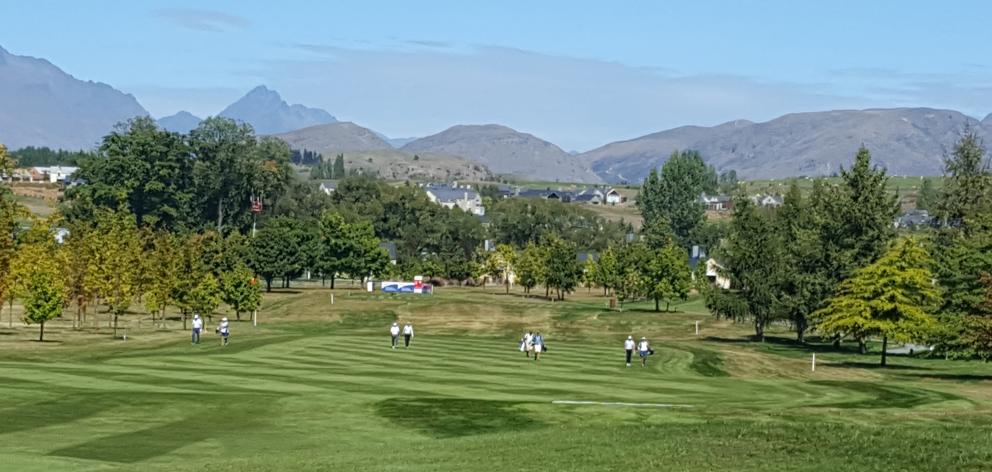

Sir Eion Edgar told Parliament's Finance and Expenditure Select Committee that the foreign buyer ban would "be detrimental to New Zealand's international reputation and greatly restrict overseas parties contributing to the benefit of New Zealand".
The investment specialist and his family appeared on last year's NBR rich list, with a fortune of $135m.
He argued that we all gain as a country from the rich spending their millions in New Zealand.
Sir Eionis chairman of Hawaiki, the fibre-optic cable business connecting New Zealand to Australia and the United States to almost double our internet capacity.
The Otago Daily Times today reported how the Forsyth Barr chairman had retired from the board after 20 years. Independent director David Kirk will become chairman after serving on the board for eight years. Sir Eion told the OTD that the past 20 years had been "fantastic", with considerable growth across all parts of the business.
Sir Eion's four case studies in his submission are:
1. Public access to iconic South Island high-country stations
John "Mutt" Lang bought five farming stations between Wanaka and Queenstown for about $60m, Edgar said. He then spent a further $50m restoring these properties to their original state.
"He has now gifted over 90 per cent of them to the Queen Elizabeth Trust for the benefit and use by all New Zealanders. In addition he continues to maintain these properties at a cost of $3m to $5m per annum - a gift to New Zealand of over $100m," Sir Eion's submission said.
2. Expansion and investment in Millbrook Resort near Arrowtown
Eiichi Ishii, the Japanese businessman who owns Millbrook Resort, was "continuing to pour money into it. We now have a world-class golf and accommodation facility all New Zealanders can benefit from. To date they would have spent several $100m," Sir Eion said.
3. $40m restoration of Glenorchy camp ground
"Paul and Debbi Brainerd purchased the run-down Glenorchy camp ground. At a cost of approximately $40m, they are restoring it to an eco-friendly facility, which will cater for all types of visitors. Once completed and proven to be cash-flow positive, it will be gifted in a trust for the benefit of the residents of Glenorchy," he said.
4. Generous community organisation donations
"In raising money for community projects like the Winter Games, Queenstown Trails Trust and the Wakatipu Wilding Conifer Control Group, I always find the most generous supporters are overseas people who have a residence in the area," he said.
Sir Eion concluded that the proposed law could damage New Zealand and he said his four examples showed "substantial contributions made by overseas parties".
More than 200 submissions have been made on the bill, which is now with the select committee. Many are against it.
Housing Minister Phil Twyford told a conference in Auckland last month that he expected changes to the proposed law.
Comments
The examples offered by Sir Eion Edgar are the exceptions, not the rule. Those buyers are clearly not representative of the speculative investors in the residential property market.
Clearly misses the point that the super wealthy will still be able to buy land and then build their mansions and other projects. If the land they buy is over 4ha it was and still will be subject to OIA approval. So all the project used as examples could still occur.
All the change does is stop overseas investors investing in and trading built houses as just another commodity.












